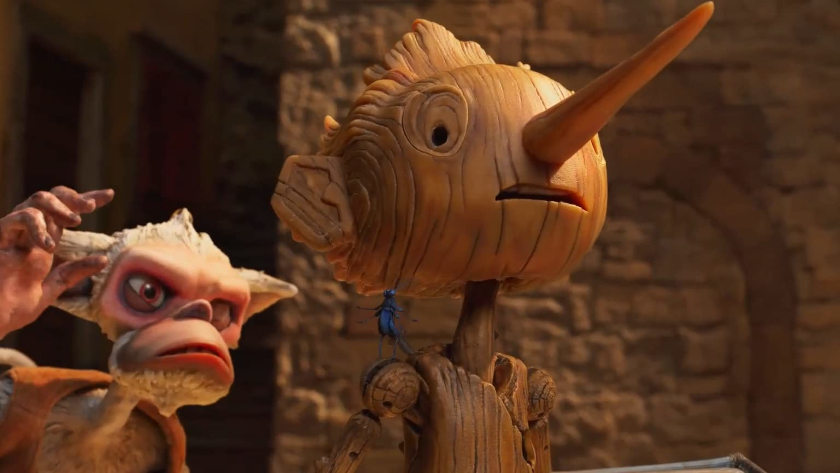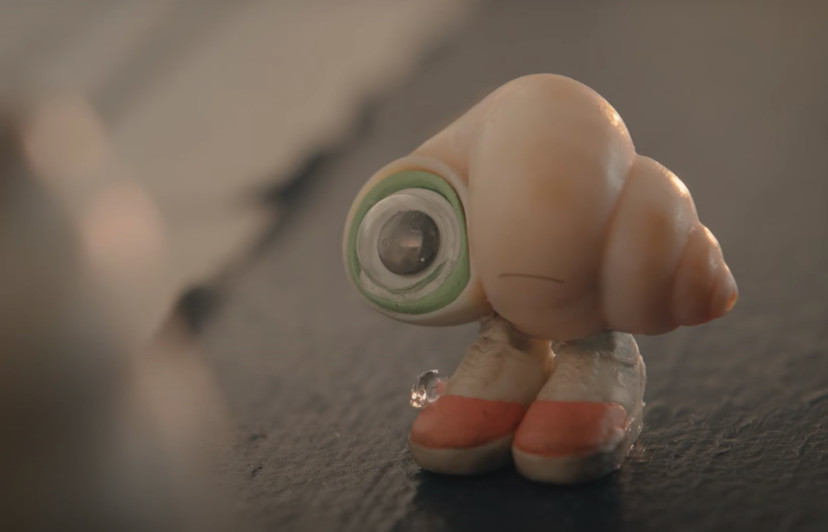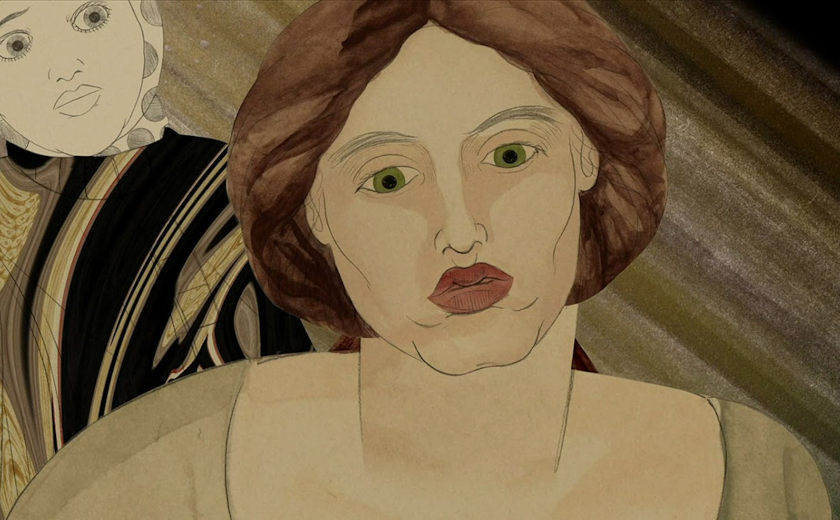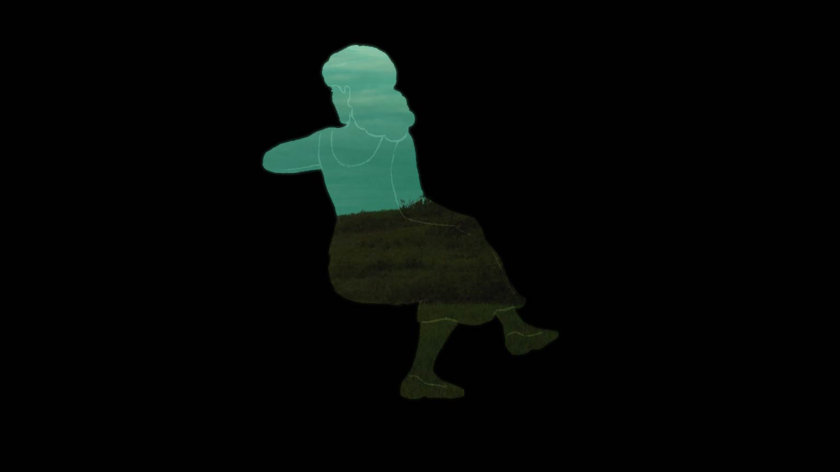Apollo 10½: A Space Age Childhood (2022) Film Review: Space for the Past
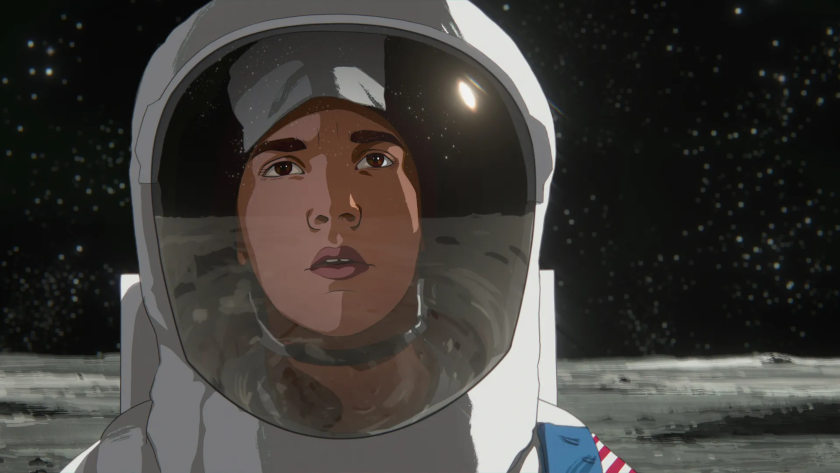
Unlike Steven Spielberg (a trickster in 'E.T.' and elsewhere) and unlike Martin Scorsese (a solemn observer in 'Hugo'), Richard Linklater is a raconteur when it comes to treating a boy's life in adolescence. The thinly dramatic, but still engrossing tapestry of an era in 'Apollo 10 1⁄2: A Space Age Childhood' performs the function of a director trying not to leave any insignificant detail behind and still present a non-tiresome whole of small things leading up to a big familiar story.
Much has been talked about the ineligibility of film as an animated feature at the Academy Awards (being of the rotoscope variety) and its reinstatement as again eligible after a series of protests. Good that the Academy animation branch eventually listened to the latter, for the animation here (and unlike Linklater's two previous animation efforts, 'Waking Life' and 'A Scanner Darkly', which went for abstraction and noir haziness respectively) is meant to present an accented reality, full of small minutiae of hyper-realistic elements. Animation is not the on-your-face exposition here, and animation director and producer Tommy Pallotta (and his team) know how to give added nuances to every little pedestrian scene that would have looked postcard nostalgia in live-action. It makes the film more than a past reminder, but rather an animated effort to enter into a live-action world that was long denied.
This is the case for Stan (Milo Coy and Jack Black as the adult Stanley and narrator), the alter ego of Richard Linklater, and the child of an 8-member, Houston, Texas family. Dad (Bill Wise) is a constipated but ultimately likable NASA official, wed to the hippy-sympathizer mom (Lee Eddy); their 6 kids are an ordinary mixed bag of great child voices -and we do learn that the pill invention stopped the family from spreading any further. Stan's life is caught up between the predicted ordinary life in the suburbs at the glamorous age of television broadcasts and the predicted gloom (the Vietnam War and paranoia and conspiracy theories have reached the family's own threshold).
Yet Linklater won't make a heavy drama of those things (unlike his 'Boyhood' film) but prefers to spread the events to the viewer like peanut butter on our sandwich. The events in Stan's household become an engaging story narrated by the adult Stanley, like pages in a book. With the Moon landing being the pinnacle of a boy's dream (just like Dorothy trying to meet the famous Oz -in color), Stan can no longer contain his own fantasy of being the one to become the first US child astronaut, in the 'Apollo 10 1/2 mission'.
The whole film then becomes, just like its animation (key rotoscoping frames enhanced by 2D animation, and then put into 3D background environments) both an empathy effort and an attempt to immerse in a wider background. Here the personal (Stan and his own story) need to become part of a universal, globally talked about group effort (the astronaut). Stan is most of the time led by his own environment rather than being a strong-willed person, and his fantasy is so far-fetched here that it bears credibility (just like the digitally painted blue skies, one of the unhappy aesthetic spots in the film). On the other hand, the tapestry of 60s tunes, starting from Donovan and moving to all staples of the era, endangers putting the film into the archive films repository, something that Linklater here seemingly fights against.
'Apollo 10 1⁄2: A Space Age Childhood' has certainly its back-to-basics vibes for adults who grew up in the era, and candid details of small gadget innovations now being taken for granted (like the dial buttons on our landslide phones); it also has neat arrangement of differentiated character design details according to historic person footage (a whitey contour over their silhouette), films and clips shown on TV (rough and thick strokes inviting a past difficult to be accessed) and a flat saturated world of the Saturday cartoons. It is well-placed and guiding but tends to become a cliche choice.
Also, the film is less daring in its handling of narrative events, with only glimpses of the revolutionary attitude that the 60s were meant to be -and which are not digested at all by its main character. Yet Linklater still targets the moon with his film, and he makes an enlightened family film and one to be gladly cherished and absorbed -even if it's not one to fantasize about.
Vassilis Kroustallis




